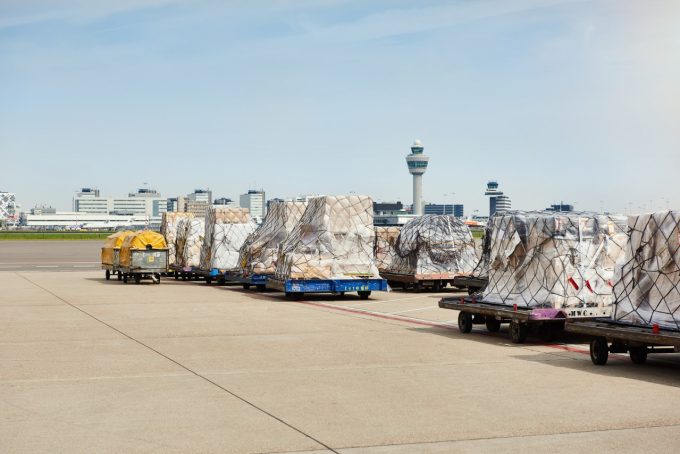Interview: Schiphol's Joost van Doesburg on slot issues and integrated cargo
Despite a modest decline in tonnage last month, Amsterdam Schiphol (AMS) is outperforming most of ...

Amsterdam Airport Schiphol has long been recognised as one of the most cargo-minded and dynamic airports on the scene, so it came as no surprise when in 2016 it unveiled its Smart Cargo Mainport Programme (SCMP) to explore new ways to improve cargo flows through its system.
With ...
Bad news for shippers as wave of transpacific rate increases continues
No deals with carriers, say Houthis – Red Sea safe for non Israel-affiliated ships
Rapid transpacific capacity build-up continues – can USWC ports handle it?
Schenker's Shirley Sharma Paterson moves to K+N as global head of sales
Red Sea crisis has driven most new capacity into extended Asia-Europe trades
Carriers on the hunt for open tonnage again as transpacific rates soar
Crew forced to abandon ship in latest fire on vessel carrying EVs
Dates to watch for in the latest chapter of TACO's tariff travail

Comment on this article